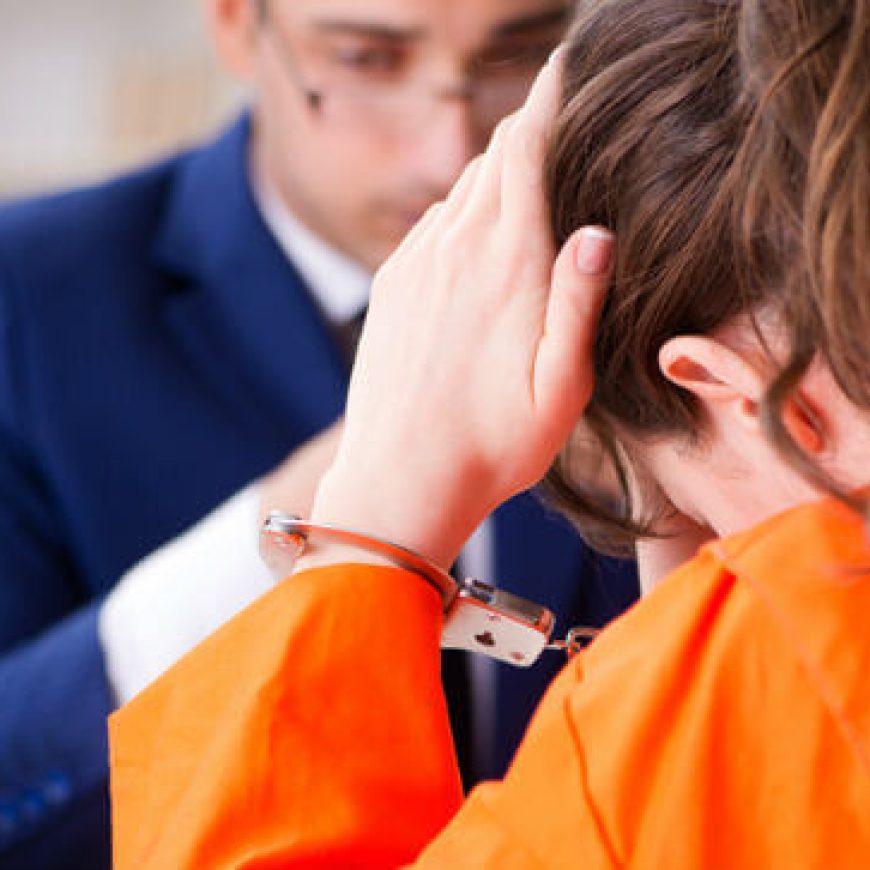What does “conspiracy” mean in criminal law? The legal elements of conspiracy are designed to prosecute potentially harmful criminals even before they cause significant harm to others. In this discussion, we’ll explore the concept of conspiracy to commit a crime, including information about potential jail time and how to defend against these charges.
What Is Conspiracy to Commit a Crime?
What is conspiracy? More specifically, what is criminal conspiracy? A conspiracy is a secret plot put into place to initiate harm. Criminal conspiracy exists when two or more individuals team up to carry out an unlawful act. In some cases, they do not simply join forces and craft a plan; these people see the criminal act through to completion.
In other cases, the criminal act need not be committed itself. Conspiracy charges may land on those who only knew of the plot and intended to break the law. According to conspiracy law, it is possible to face the charges of conspiracy to commit a crime and the crime itself based on the exact circumstances.
How Do You Get Charged with Conspiracy?
When it comes to conspiracy to commit a felony, there are some positives and negatives. The key is that the charge allows for prosecution before defendants have carried out the crime itself. For a successful federal case, three elements must be provable:
- Agreement to commit the crime.
- Clear intentions and active participation of all involved.
- Performance of an “overt act” to advance the conspiracy.
With the prosecution of these elements, law enforcement officials can stop a crime before it unfolds. It’s not surprising that a judge and jury would understand this: a group of people teaming up could commit more and greater offenses than unlawful individuals on their own. Obviously, these considerations are the basis for conspiracy charges sentences.
How to Prove Conspiracy
How might a prosecutor prove conspiracy? Understanding how a prosecutor might prove conspiracy will help you learn more about building a legal defense.
Prosecutors will note that the criminal conspiracy is especially dangerous because it clouds an individual’s rational decision-making.
Prosecutors will further express that conspiracies involve several participants, which makes the success of the unlawful act’s completion much more likely.
Prosecutors will say that conspiracies are organized in secret; they’ll make the correlation that this fact makes the conspiracy more dangerous.
For certain types of conspiracies, the law does not currently demand an “overt act” to be proven.
Types of Criminal Conspiracies & Examples
Criminal conspiracies can take various forms, involving individuals or groups planning and coordinating illicit activities. Here are some types of criminal conspiracies:
- Conspiracy to Commit Robbery: Involves individuals conspiring to plan and execute a robbery, where they collaborate to unlawfully take property or assets from another person through force or threat.
- Federal Conspiracy Drug Charges: Encompasses conspiracies related to drug offenses that fall under federal jurisdiction, involving individuals coordinating to manufacture, distribute, or traffic illegal substances, leading to federal charges and prosecutions.
- Street Gangs and Organized Crime: Involves groups of individuals collaborating to engage in criminal activities such as drug trafficking, racketeering, and violent crimes.
- White-Collar Conspiracy: Typically associated with financial crimes, fraud, and corruption — white collar crimes where individuals within organizations conspire to achieve unlawful gains.
- Political Conspiracies: Involves individuals plotting to manipulate political systems, commit election fraud, or engage in activities to subvert governments.
- Cybercrime and Hacking Conspiracies: Encompasses coordinated efforts to engage in computer-related crimes, including hacking, identity theft, and cyber espionage.
- Racketeering Conspiracies: Involves organized criminal enterprises engaging in various illegal activities, often for financial gain, such as extortion, money laundering, and bribery.
- Healthcare Fraud Conspiracies: Involves schemes within the healthcare industry to defraud insurance providers, government programs, or patients through false claims or deceptive practices.
How Many Years for Conspiracy Charges?
Can you go to jail for conspiracy, and how long can you go to jail for conspiracy? That mandatory minimum could lock you in for five years.
But here’s what else you must consider: conspiracy charges can extend some pretty harsh penalties, and they depend on the underlying crime or crimes. You can do time for both the conspiracy and the crime(s) itself, given that it was carried out.
How to Get Off a Conspiracy Charge
If you or a loved one faces these charges and is wondering, “What is conspiracy to commit a felony?” we hope you’ve found some helpful information and even some peace of mind here. Chances of beating a conspiracy charge are certainly better with tried and true representation on your side.
Terms like “agreement,” “intent,” and “overt act,” can sound scary, but they offer the hope of a solid defense if you put your case in the hands of an experienced appeals lawyer.
Your Nationwide Legal Partner – Call Seth Kretzer for a Consultation Today
Ready to navigate the complexities of the legal system with confidence? Turn to Seth Kretzer, your dedicated advocate and experienced attorney. Whether you’re facing criminal charges, seeking justice, or navigating legal challenges, Seth Kretzer brings a wealth of knowledge and a commitment to your case.
Schedule a consultation with Seth Kretzer for more help today!





